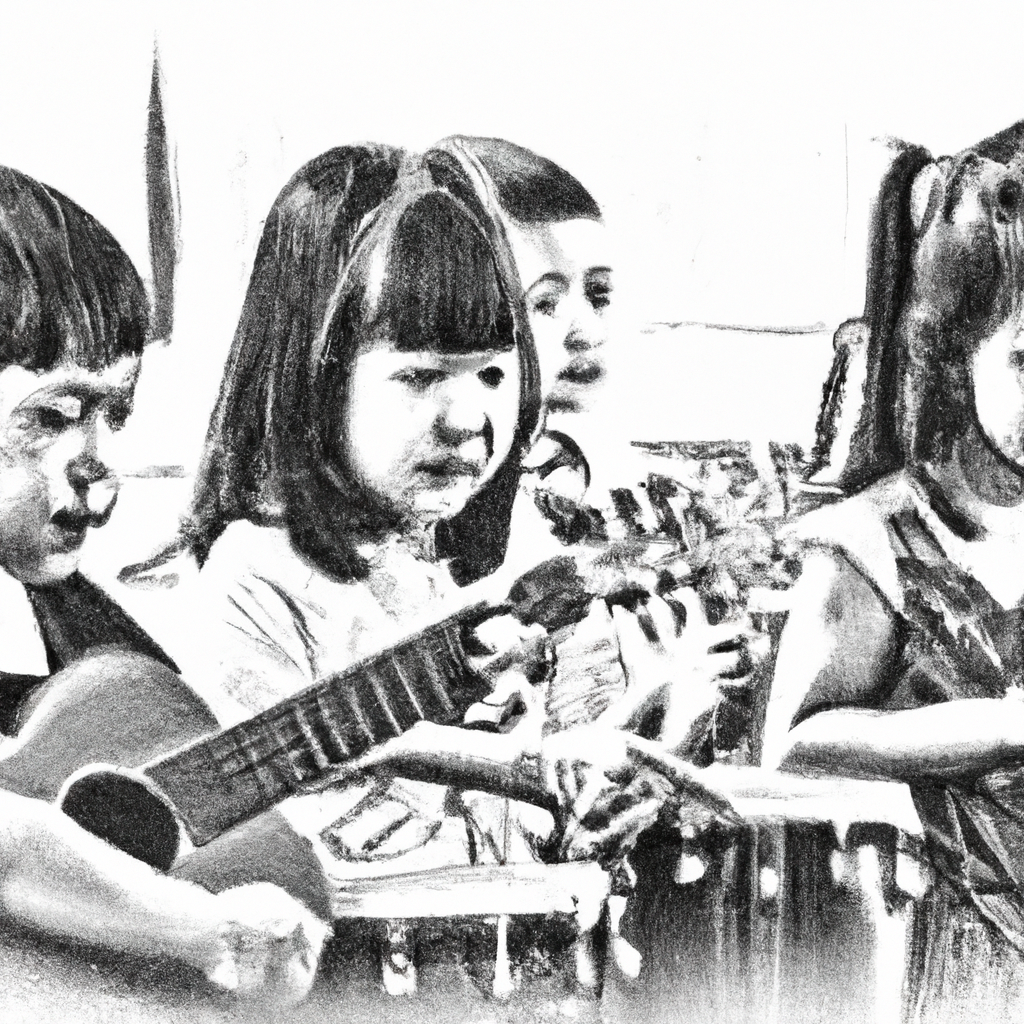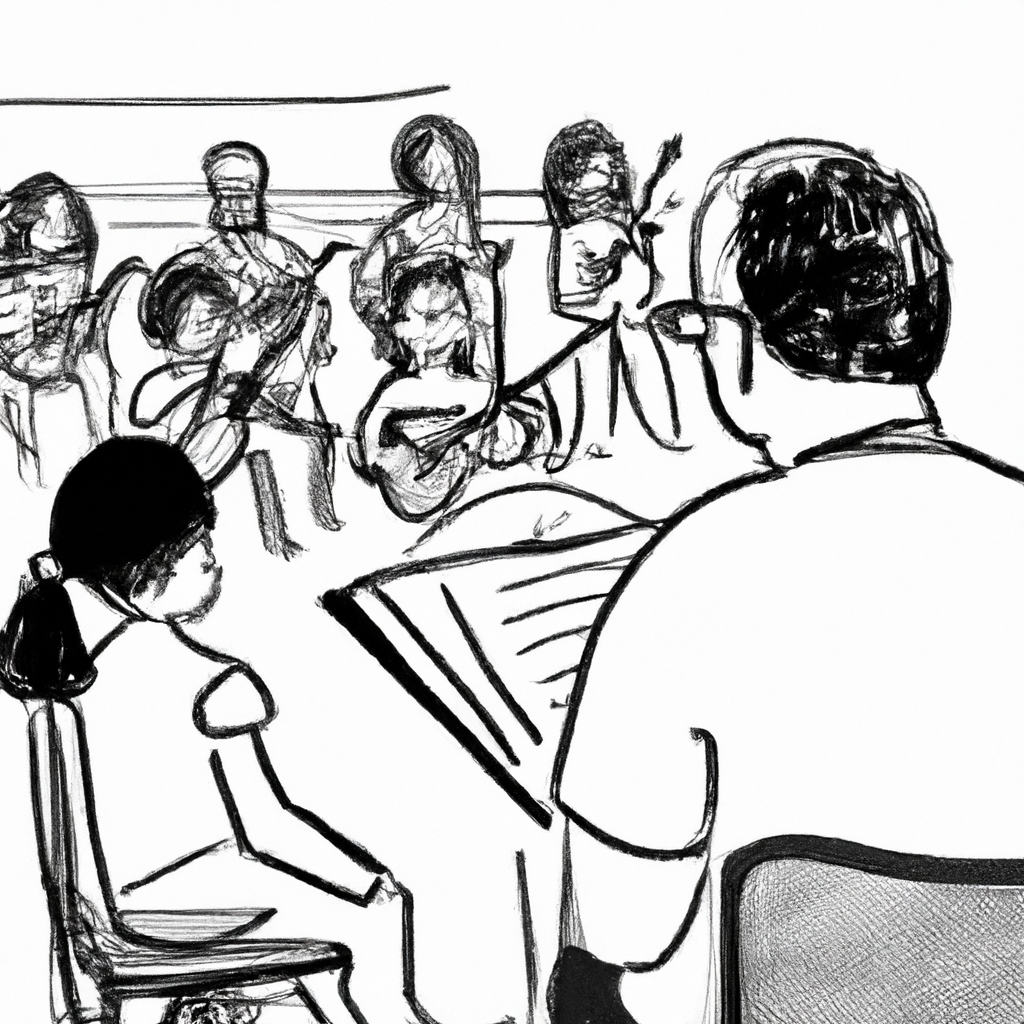Dear Readers,
AI plays a crucial role in our blog, helping us manage our time more effectively to keep the content flowing. While AI assists with content creation, which may lead to occasional spelling or grammar errors, our primary goal remains clear: to deliver meaningful insights to you. For important matters, please consult a specialist.
Thank you for your understanding and support.
Best regards,
Education.com.cy
Summary
Music education offers numerous emotional and social benefits for children. This article explores how music can enhance emotional well-being, foster social skills, and provide practical applications for educators and parents. By understanding these benefits, we can better appreciate the role of music in child development and implement effective music education programs.
Introduction
Music has always been a universal language that transcends cultural and linguistic barriers. For children, music education is not just about learning to play an instrument or read notes; it is a powerful tool that can significantly impact their emotional and social development. This article delves into the various ways music education benefits children emotionally and socially, supported by research and practical examples.
Main Sections
Emotional Benefits
Music education can profoundly affect a child’s emotional well-being. Learning to play an instrument or sing can boost self-esteem and confidence. The process of mastering a piece of music teaches patience and perseverance, while the act of performing can provide a sense of accomplishment and joy. Music also serves as an emotional outlet, helping children express feelings they might not yet have the words for.

Social Benefits
Music education fosters social skills by encouraging collaboration and teamwork. In a band or choir, children learn to listen to each other and work together to create harmony. This collaborative environment helps develop communication skills and empathy. Additionally, participating in music groups can create a sense of belonging and community, which is crucial for social development.

Find out how the strategies discussed in the article
"How Teaching a Song Can Improve Your Child’s Learning and Well-Being"can help address internet addiction in children and teens.
Case Studies and Research
Numerous studies highlight the benefits of music education. For instance, research has shown that children who participate in music programs tend to have better academic performance and social skills. Case studies of schools with robust music programs reveal lower dropout rates and higher student engagement. These findings underscore the importance of integrating music education into the school curriculum.
Education.com.cy have developed a case study that showing how a child increase a little bit the English skills with the help of a music song, with just 5 minutes of practice.

Practical Applications
For educators and parents, incorporating music into daily routines can be simple and effective. Schools can offer music classes, after-school programs, and opportunities for performances. Parents can encourage musical activities at home, such as singing together or playing simple instruments. These practices not only enhance musical skills but also contribute to emotional and social development.

Conclusion
Music education is a valuable tool for fostering emotional and social growth in children. By understanding and leveraging its benefits, educators and parents can create enriching environments that support overall child development. Implementing music education programs and encouraging musical activities at home can lead to happier, more well-rounded children.

Thank you for reading our article on The Emotional and Social Benefits of Music Education for Children. We highly value your feedback and invite you to take a brief survey to share your thoughts and experiences. Your responses will be kept confidential.
Dear Readers,
Welcome to my blog, where technology, music, and visual arts come together to spark creativity and growth. By subscribing, you’ll become part of a vibrant community committed to exploring and learning in these areas.
Select the type of engagement that suits you best:
Join us and enjoy tailored content and direct support suited to your interests.
